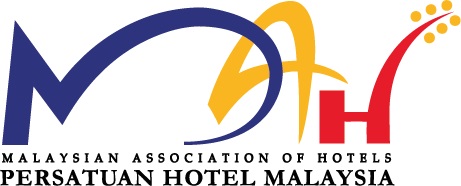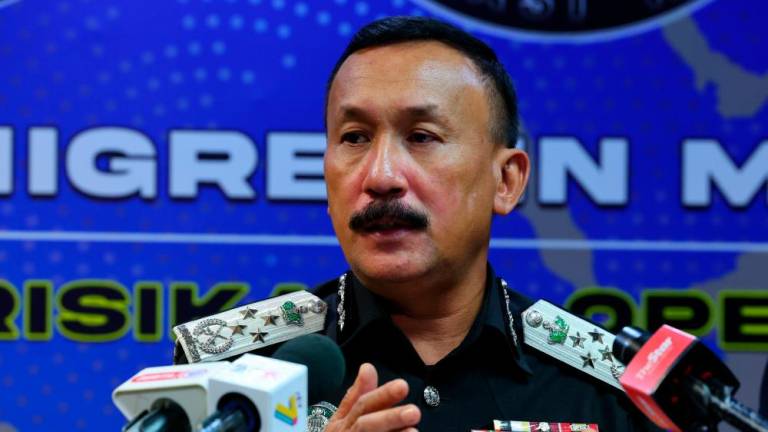PETALING JAYA: The Malaysian Association of Hotels (MAH) has questioned the claim by Airbnb that it served 3.25 million guests, generating RM3bil in direct economic impact for the country in the past 12 months.
MAH president Yap Lip Seng was commenting on Airbnb Southeast Asia, Hong Kong and Taiwan general manager Mike Orgill’s statement on Tuesday that the company served over 3.25 million guests in the last 12 months (July 1, 2018 to July 1, 2019), a jump of 73% year-on-year.
Orgill also said the host-guest community generated approximately RM3 billion in estimated direct economic impact in Malaysia last year – where much of its growth was powered by travellers who sought unique and true local experiences.
Direct economic impact includes all direct effects the organisation has on the region due to its operations. These include direct employees, organisational spending, employee spending, and spending by visitors.
Currently, he claimed Airbnb had 53,000 accommodation listings in Malaysia and over six billion listings globally, and that Malaysia continued to be the fastest-growing country for Airbnb in South East Asia for the second year running.
Orgill was reported to have urged the government to provide clearer guidelines on the tourism tax for its type of business, following confusion on registration and tax collection.
Yap said that the calculation for the economic impact claims were not revealed.
On the claim that Airbnb had 53,000 listings in Malaysia, Yap said that the figure is “staggering and worrying” the 21% of legitimate hotels.
“The Tourism, Arts & Culture Ministry has a registration database of approximately 250,000 hotel rooms in the country. The number revealed by Airbnb is staggering and worrying the 21% legitimate hotels.
On Orgill’s call to the government to provide clearer guidelines on the Tourism Tax, Ong said it was concerning that there were admissions of some property owners on Airbnb list who had collected the tax before submitting it to the authorities.
“Such mechanism does not exist for homes. The process of being registered to collect the Tourism Tax through the Customs Department does not allow individuals to collect the said tax,” he said.
Yap added that the hotel industry currently complies with multiple laws to ensure the industry and tourists are protected for industry sustainability and growth.
“One example is the Registration of Guests Act 1965 (Act 381), that requires all guests to be registered and such information to be made available to authorities when requested, for safety and security reasons.”
“It has always been our objective, for a level playing field for everyone, where every stake holder contributes to the industry, subjected to same terms, laws & taxes,” he said.













